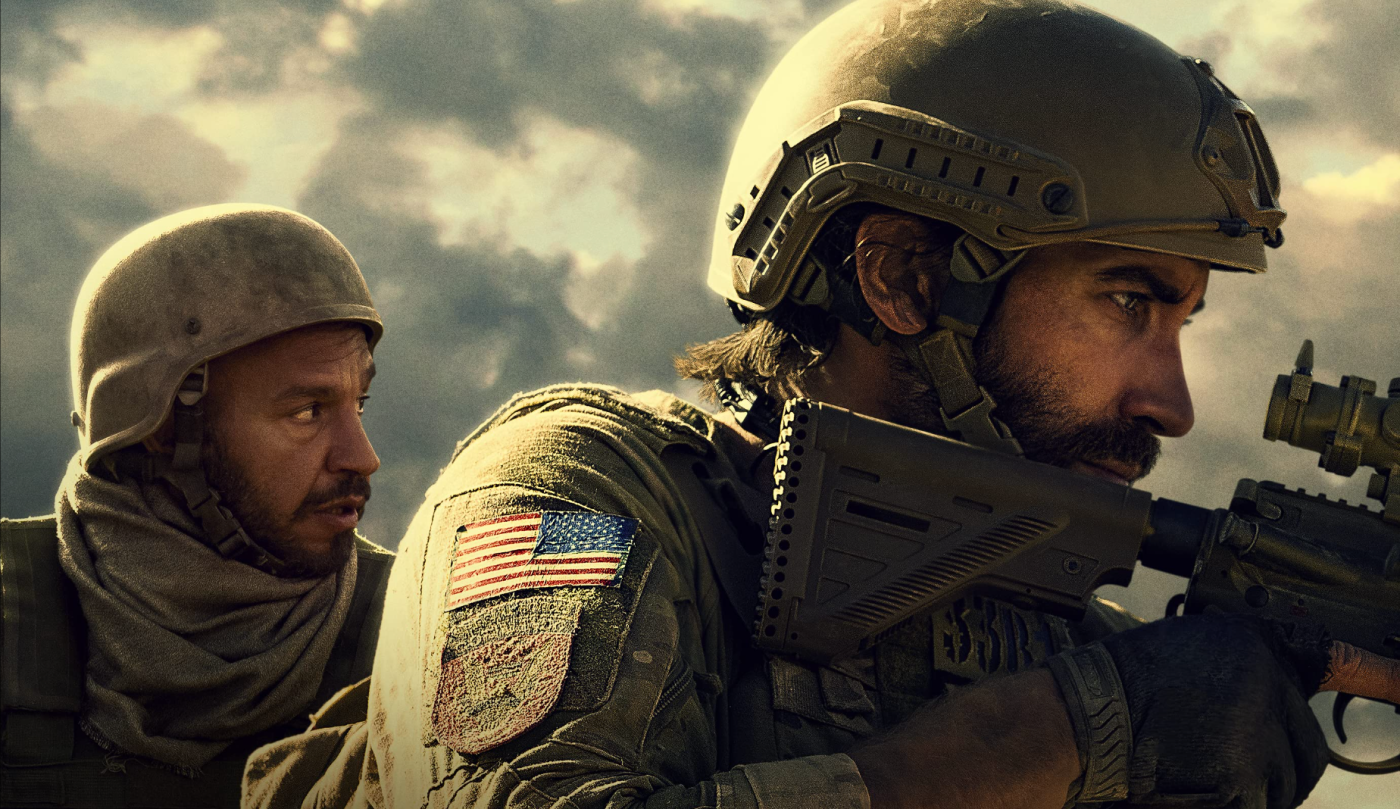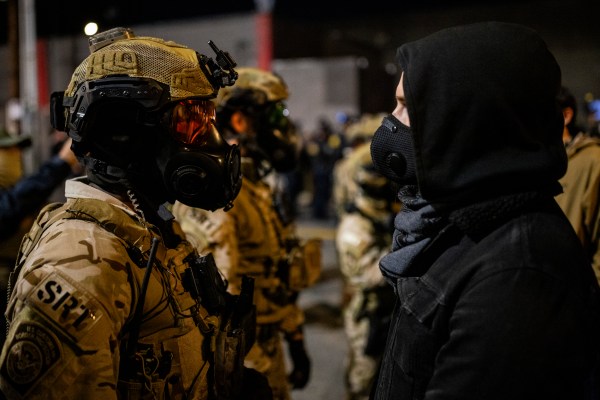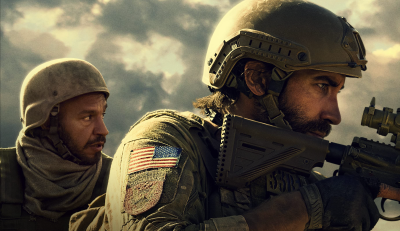The Covenant is accurate–which is to say, it’s brutal. In the fictional, but all-too-realistic look at life in Afghanistan during America’s intervention, Sgt. John Kinley (Jake Gyllenhaal) watches friends die. He watches their trucks blow up. He watches bullets go through their heads. And he watches members of the Taliban gun him down and concuss him, effectively ensuring his own death in the middle of enemy territory, seemingly without any way out. And then, miraculously, he watches his interpreter Ahmed (Dar Salim) save his life, resulting in a bounty on both their heads, only later to watch the U.S. government abandon Ahmed after promising visas to him and his family.
What follows is John’s attempt to rescue Ahmed with a foe as difficult to overcome as any enemy combatant: the United States federal bureaucracy.
Guy Ritchie directs The Covenant without his typical cinematic hallmarks or visual flairs. The violence is neither stylized nor humorous—it’s horrifying and graphic. For that matter, The Covenant doesn’t feature any bells and whistles. It’s shot in a straightforward manner, with clean cinematography that simply lets the story speak for itself. The Covenant succeeds through its earnest storytelling, clearly showing Ritchie’s anger at the horrible treatment of Afghans who helped the U.S.
When the United States pulled out of Afghanistan in 2021, allowing the Taliban to take over the country, we left behind 97 percent of Afghans who had worked for the U.S. and applied for special immigrant visas—a class of visa for those who work for the U.S. military in Afghanistan or Iraq—around 78,000 Afghans in total. Ahmed stands in for every Afghan who put him or herself at risk by agreeing to help us. His tenacious behavior in combat is clearly intended to heighten the absurdity of the special visa system—even with his heroics and with people inside the system lobbying for him, it’s a struggle to get Ahmed and his family what they were promised. (The screening I attended had a number of interpreters and their families present, and the scenes of John struggling with the special immigrant visa bureaucracy prompted loud cheers for accurately depicting the frustrating process.)
One needn’t have engaged in a massively heroic act to justify the American government following through on its promised assistance, and the film ends with the somber reminder that hundreds of Afghans have died at the hands of the Taliban while waiting for special immigrant visas. Thousands more are still in hiding. Ahmed’s biggest obstacle in saving John’s life was the Taliban. John’s biggest obstacle in saving Ahmed was the U.S. government. That haunting irony makes The Covenant a deeply powerful film. We have broken promises to so many–it’s time to help those we still can.







Please note that we at The Dispatch hold ourselves, our work, and our commenters to a higher standard than other places on the internet. We welcome comments that foster genuine debate or discussion—including comments critical of us or our work—but responses that include ad hominem attacks on fellow Dispatch members or are intended to stoke fear and anger may be moderated.
With your membership, you only have the ability to comment on The Morning Dispatch articles. Consider upgrading to join the conversation everywhere.